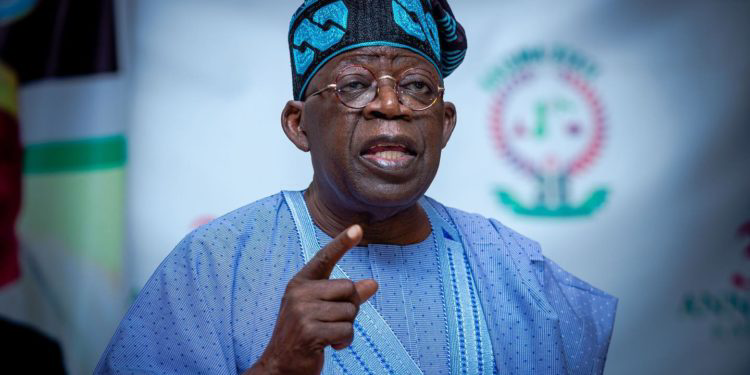President Bola Tinubu will be meeting with the Nigeria Labour Congress to address the concerns raised about increasing the retirement age of civil servants to 65 years.
Joe Ajaero, the National President of NLC, affirmed that the labor movement remains steadfast in their agitation, a cause that originated during the presidency of former President Muhammadu Buhari.
During the 2023 May Day celebrations, it was reported that the NLC appealed to Buhari, urging him to extend the retirement age for civil servants.
On the contrary, Festus Keyamo, the Minister of State for Labour, noted that Buhari, as his administration approached its end, would not possess the capacity to address the matter.
‘The process to effect that change to 65 years (if it is accepted by the Federal Government) is a process that cannot be completed before the end of the tenure of Buhari. So, I guess the new administration will have to deal with that,’ Keyamo stated.
As of now, teachers employed by the government at all levels are already witnessing the implementation of a new retirement age and enjoying its benefits.
When asked on Sunday, if the congress would meet with Tinubu on the matter, the NLC President said, ‘Yes. Only few other establishments, including the core civil service, are now left out.’
Read also: Yinka Odumakin exposes Bola Tinubu’s dirty dealings
‘We are, therefore, demanding that the age of retirement and length of service in the entire public service, including the civil service, be reviewed upward to 65 years of age and 40 years of service.’
Hakeem Ambali, the National Treasurer of NLC, said ‘Yes, we are going to negotiate that, to avert the imminent crisis and suffering of our members whose Contributory Pension Deduction were not remitted to their PFAS by a large percentage of labour employers.’
‘So that they (workers) are not pushed to premature death and penury, such window of five years is expected to form a transition period of normalising the scheme.’
This meeting aims to address the concerns raised and find a viable solution that ensures the welfare and interests of all workers are upheld.
It is a crucial step towards a smoother transition and a more sustainable pension scheme for the future.
